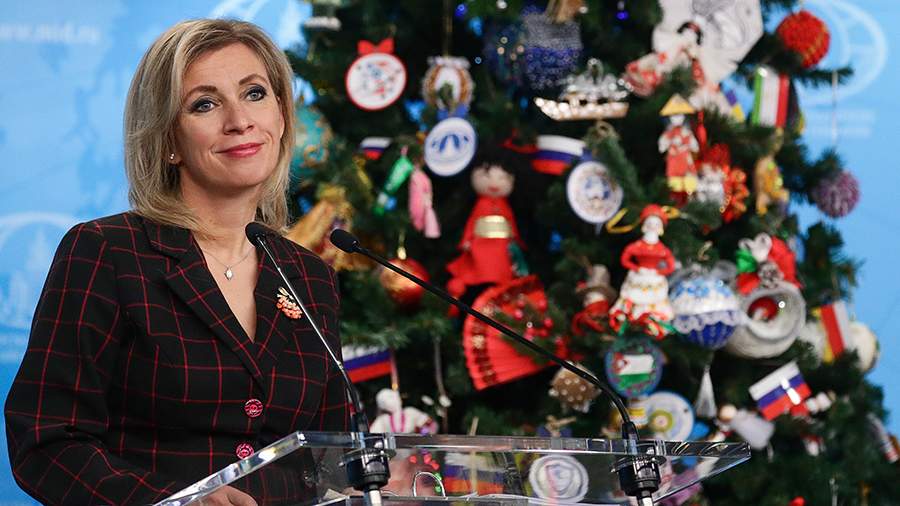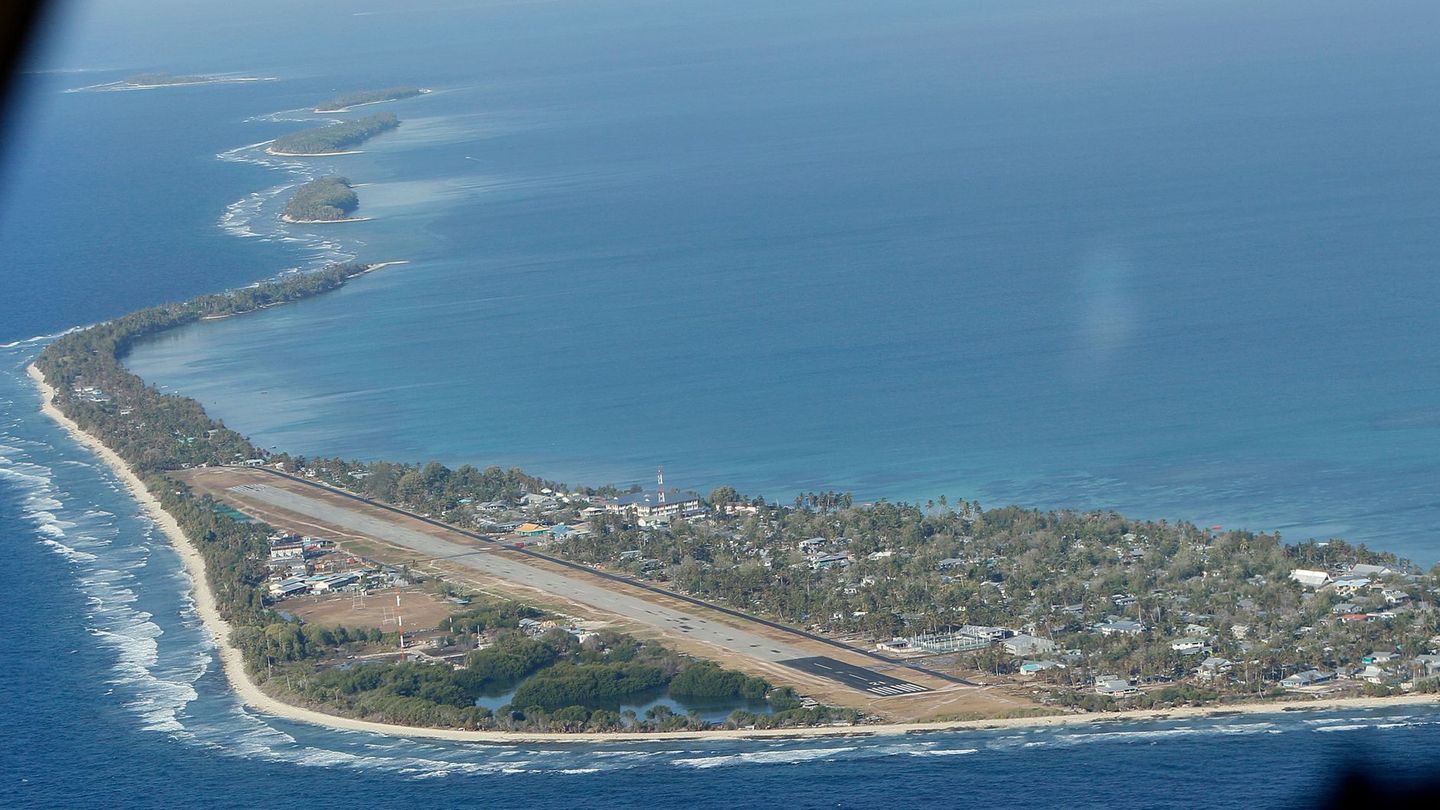The United States should somehow cheer itself up if it does not feel optimistic about the upcoming talks on security guarantees with Russia. This was announced on Saturday, January 8, by the official representative of the Russian Foreign Ministry Maria Zakharova.
Thus, she reacted to the words of a representative of the American administration that Washington is not optimistic about the upcoming security talks with Russia. He noted that the United States is going to the upcoming negotiations “with a sense of realism, not optimism.”
“Let them cheer themselves up in some way,” Zakharova answered on the air of the Soloviev Live YouTube channel.
Earlier on Saturday, it was reported that the United States, as part of security talks with Russia, plans to discuss the deployment of missiles and the scale of military exercises in Europe. The White House is going to find out whether the Russian side is serious about resolving the crisis around Ukraine, or whether it is using its demands to drag out the situation.
In Geneva, US officials will monitor whether Russia will put forward previously announced demands or focus on the deployment of missiles.
Russian-American talks on strategic stability and security issues will take place on January 10. Thereafter, on January 12, the issue of European security and the situation in Ukraine will be discussed at a meeting of the NATO-Russia Council and on January 13 with the Organization for Security and Cooperation in Europe (OSCE).
On December 17, the Russian Foreign Ministry published draft agreements between Russia and the United States and NATO on security guarantees.
According to the agreement, NATO countries undertake to exclude Ukraine from joining the alliance and further expansion. The United States must commit to exclude further expansion of NATO to the east and refuse to admit the states that were formerly part of the USSR into the alliance.
Among other things, Russia and NATO commit themselves not to create conditions that could be regarded as a threat by the other side. The parties also confirm that they do not regard each other as adversaries. The parties to the treaty maintain dialogue and interact to improve the mechanisms for preventing incidents in the high seas and airspace, primarily in the Baltic and the Black Sea region.
Russian Foreign Ministry spokeswoman Maria Zakharova said that in its proposals on security guarantees, Russia outlined NATO specific ideas aimed at preventing further escalation of the situation. Zakharova noted that the Russian Federation expects from the United States a response to the proposals and constructive work on the draft documents.
Source: IZ
Jane Stock is a technology author, who has written for 24 Hours World. She writes about the latest in technology news and trends, and is always on the lookout for new and innovative ways to improve his audience’s experience.




